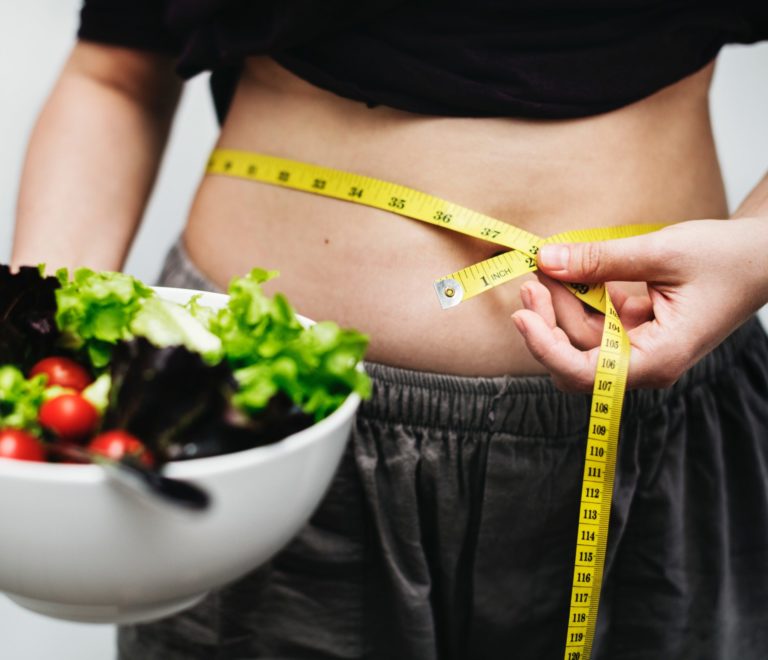
On a previous article I’ve talked about how skipping meals can actually make you gain weight. Now, I’m going to talk about a very serious issue which is drastically reducing your caloric intake.
Wanting to lose weight can lead to desperate measures such as eating low amounts of food on a regular basis. As I’ve said before, one mistake people make is skipping meals in order to reduce their daily caloric intake. This is of course counter-intuitive as skipping breakfast, for example, will make you overeat at lunch or at least have a hard time saying ‘no’ to unhealthy foods.
Severely reducing your caloric intake is a bad move
So, after hearing this some people usually come to 2 conclusions: 1. skipping meals is a bad move and 2. in order to lose weight you just need to eat less calories during each meal. While the first one is certainly correct, the second one is not quite. If you are guilty of doing this, don’t feel bad. This is a common mistake people make when trying to lose weight.
Eating significantly less in order to lose weight is more counter-intuitive than you might be aware. You see, your body is smarter than you know and thus it is very adaptable to all the conditions it is put in. Counting your calories is a good course of action when you want to get rid of those extra pounds, but eating under the recommended daily caloric intake is a big ‘no-no’. Did you know that eating significantly less than your recommended daily intake can also lead to weight gain? Your body will see this is a form of starvation and will do whatever it can to stop you from losing weight; hence why this process is known as ‘starvation mode’. Your body’s natural response to not being fed properly leads to metabolism slowing just so it can conserve energy. As you might know, slow metabolism is one of the main culprits when talking about weight gain.
Starvation Mode
Your body needs calories in order to have all your organs function properly; thus, your body needs calories in order to burn calories. Most diets force your total caloric intake to drop down below your resting metabolic rate, which in simpler terms is the amount of energy your body requires in order to survive. After you consume food, your body will start burning the calories from those and convert them into energy. After this process, if you haven’t fed your body, then it will start burning the fat in order to get its so-needed energy. Until here you might find the process quite appealing which is one of the reasons why all these fasting diets are so popular. But this is something to discuss on a different occasion. What you should know now is that restricting your calories too much damages your organism in time. After finishing converting the fat into energy, your body then will start breaking down lean muscle tissue and then it will slow down your metabolism, making it even harder to lose weight. Your body does not know when it will receive next nourishment, so it stores all this energy. See starvation mode as one of your body’s survival skills. Therefore, next time you eat, no matter how little, what will happen is that your body will hold onto those calories in order to create new reserves. Makes sense, right? And that’s the perfect recipe to gain weight even faster than before severely restricting your calories.
Of course, weight gain is just one of the negative aspects of not eating enough. What you should know is that being underweight leads to a multitude of severe health issues as your body does not get enough energy to make your organs perform properly.
The recommended daily caloric intake for a man is 2500kcal to maintain and 2000kcal to lose weight. For women, the daily calorie intake to maintain is 2000kcal and 1500kcal to safely lose weight. A quick look at your BMI (Body Mass Index) should tell you whether you are eating enough.


